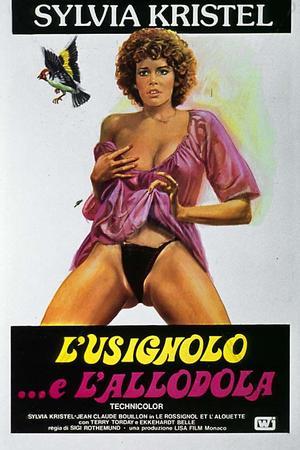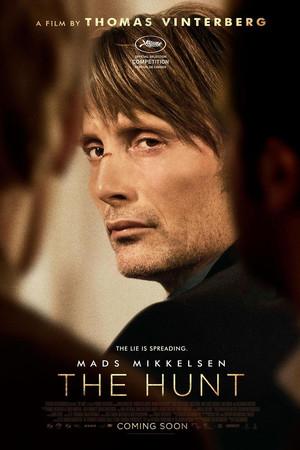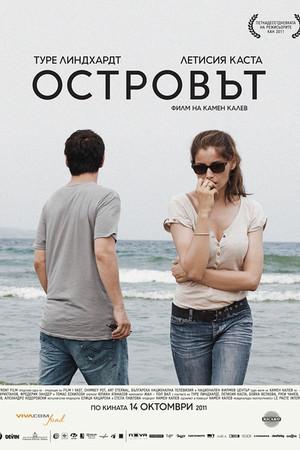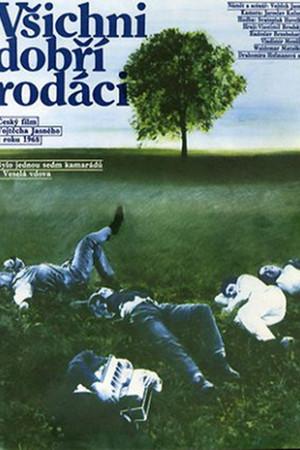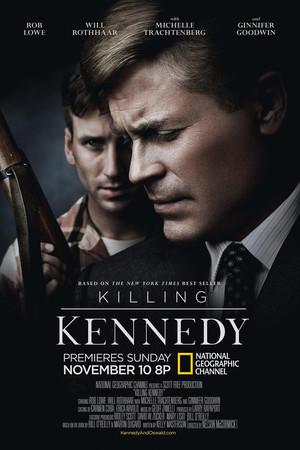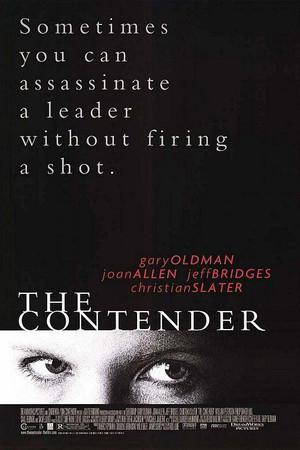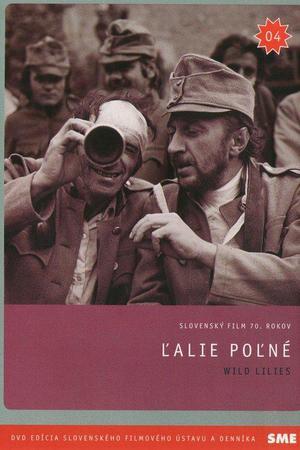
野百合 (1972)
Lalie Polné
导演:
伊洛·哈维塔
演员:
Lotar Radványi
/ Vladimir Kostovic
/ Zofia Martisová
/ 伊万·克里沃苏德斯基
/ Emil Tomascik
/ Ludovít Króner
/ Ján Melkovic
/ Marián Filadelfi
上映时间:1972-02-02
别名:Field Lilies / Wild Lilies
剧情简介
1972捷克斯洛伐克剧情片《野百合》由伊洛·哈维塔导演,Lotar Radványi主演,影片讲述的是:
Two exsoldiers search for stability and love when they return home after World War One
史上最强东欧魔幻现实主义电影杰作之一。
The second and last fulllenght feature film ‘Wild Lilies’by Elo Havetta ranks among the most remarkable works of Slovak cinematography It is an artistic paraphrase of the literary work of Vincent Sikula The main charcters are veterans retrurning from WWI who want to find a home ans settle down However equally strong is their desire for freedom and the life of a tramp
Elo Havetta 19381975
He graduated at the School of Industrial Arts in Bratislava in 1957 At the break of the fifties and the sixties he iniciated several original projects Theatre of pictures and as a result he´d attracted and organized a group of young artists from various art fields Havetta was a prose writer photographer worked as an editor in visual arts magazine as a graphic designer etc Since the beginning of his studies at FAMU Film Academy of Musical Arts in Prague in 1961 cinema became his major interest It was mainly due to the fact that he believed it was the only means through which his personal feelings and experience could be transformed intermingling with other art disciplines Havetta attended the Academy in a relatively fortunate period of relaxed creative atmosphere and according to his professor Karol Kachyna significant Czech film director his appearance soon became the most distinguished in the course
But eventhough he managed to attract wider attention already with his school work after he returned to Slovakia there was no room for him in major film studios producing film those days Koliba And so in 1967 he participated in creation of diapolyekran at EXPO ´67 exhibition of and between 1967 and 1968 he worked as visual arts magazine editor in Smena He managed to get through in Koliba only later in 1968 however he has completed only two fulllength feature films A Celebration in a the Botanical Garden and Wild Lilies Both these titles have become jewles of Slovak cinematography Through these films playfulness improvisation and spontaneity got through into the Slovak cinema
Screening of the latter at IFF Venice in however didn´t bring fame for Havetta on the contrary it launched a definite prohibition of his work produced in Koliba studios Since then all the way through untill the moment of his premature death Havetta worked only for the Czechoslovak television in studio producing programmes for youth At the occasion of Days of Slovak and Czech Film in 1990 he was presented a Lifelong Creativity Award in memoriam
Two exsoldiers search for stability and love when they return home after World War One
史上最强东欧魔幻现实主义电影杰作之一。
The second and last fulllenght feature film ‘Wild Lilies’by Elo Havetta ranks among the most remarkable works of Slovak cinematography It is an artistic paraphrase of the literary work of Vincent Sikula The main charcters are veterans retrurning from WWI who want to find a home ans settle down However equally strong is their desire for freedom and the life of a tramp
Elo Havetta 19381975
He graduated at the School of Industrial Arts in Bratislava in 1957 At the break of the fifties and the sixties he iniciated several original projects Theatre of pictures and as a result he´d attracted and organized a group of young artists from various art fields Havetta was a prose writer photographer worked as an editor in visual arts magazine as a graphic designer etc Since the beginning of his studies at FAMU Film Academy of Musical Arts in Prague in 1961 cinema became his major interest It was mainly due to the fact that he believed it was the only means through which his personal feelings and experience could be transformed intermingling with other art disciplines Havetta attended the Academy in a relatively fortunate period of relaxed creative atmosphere and according to his professor Karol Kachyna significant Czech film director his appearance soon became the most distinguished in the course
But eventhough he managed to attract wider attention already with his school work after he returned to Slovakia there was no room for him in major film studios producing film those days Koliba And so in 1967 he participated in creation of diapolyekran at EXPO ´67 exhibition of and between 1967 and 1968 he worked as visual arts magazine editor in Smena He managed to get through in Koliba only later in 1968 however he has completed only two fulllength feature films A Celebration in a the Botanical Garden and Wild Lilies Both these titles have become jewles of Slovak cinematography Through these films playfulness improvisation and spontaneity got through into the Slovak cinema
Screening of the latter at IFF Venice in however didn´t bring fame for Havetta on the contrary it launched a definite prohibition of his work produced in Koliba studios Since then all the way through untill the moment of his premature death Havetta worked only for the Czechoslovak television in studio producing programmes for youth At the occasion of Days of Slovak and Czech Film in 1990 he was presented a Lifelong Creativity Award in memoriam


